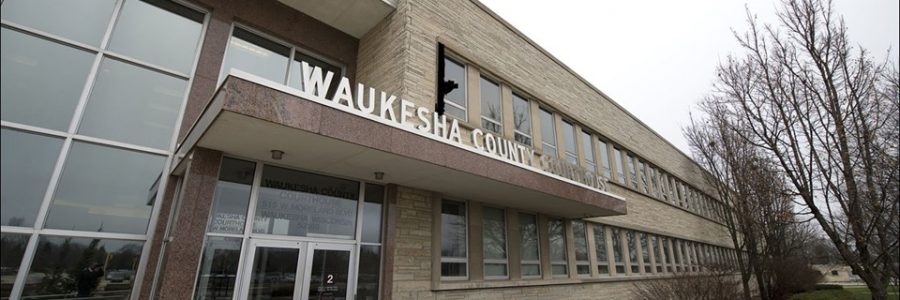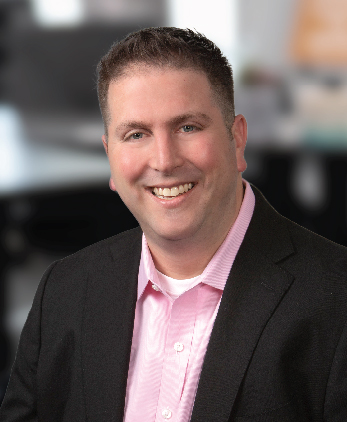In May 2014, two 12-year-old Waukesha girls, Morgan Geyser and Anissa Weier, lured their friend, Payton Leutner, into a Waukesha park and stabbed her 19 times.
It was the start of a case that quickly became national news and continues to enthrall filmmakers. In 2017, HBO released “Beware the Slender Man,” a documentary which its makers alleged would explain why Weier and Geyser had done what they did. Last year, Sony Pictures came out with “Slender Man,” a horror film about four friends who appear to have summoned the character when one of them goes missing.
Now, the latest work to crop up is a documentary called “Slender Man Stabbing: The Untold Story,” which was released last month on the cable channel REELZ.
REELZ’s piece, produced by Dorsey Pictures, takes a particularly close look at Geyser. The film features interviews not only with the lawyers involved in the case, including one of Geyser’s defense lawyers, the Waukesha attorney Tony Cotton, but also investigators and Geyser’s trial consultants, one of whom was Rob Rosenberg, owner of Hartland-based Rosenberg Consulting Services.
“As we go through the process, especially in litigation, you’re dealing with things as they’re happening, but you’re also trying to form the long-term strategy,” Rosenberg said. “I think once all is done … I think that you have a better understanding of the impact of the decisions that were made along the way.”
He said he thought the filmmakers had compiled an accurate presentation of what had happened while remaining solicitous of the victim and providing a good explanation of Rosenberg Consulting Service’s role in the defense.
In the end, Geyser pleaded guilty to attempted first-degree homicide as part of a deal struck with prosecutors and was sentenced last year to 40 years in a mental hospital. She recently filed an appeal. A jury separately sentenced Weier, who pleaded guilty to a reduced charge, to a mental hospital for 25 years.
So, after looking back at the case, does Rosenberg feel that he and his team did all they could for Geyser, or at least got her some justice?
It depends on the measuring stick you use. Rosenberg noted that although getting Geyser home was a goal, it was not the most likely outcome.
“If our measurement was first and foremost to Morgan the care that she needed, I think we were extremely successful,” he said. “And we also kept Morgan out of jail. That was a huge victory.”
To defend Geyser, Rosenberg Consulting Services, Rosenberg himself and his team used a technique called Wizpor, which was devised by Florida-based trial consultant Amy Singer, who was also featured in the film. The technique involves doing mock trials and tailoring attorneys’ arguments using real-time advice from online focus groups.
Rosenberg said the film hit on the same argument Geyser’s defense team would have used at trial. “You probably heard throughout the documentary this constant reference to a comparison of mental illness to diseases like leukemia and cancer,” he said. “One of the cornerstones of our strategy was to properly analogize it to that.
“In all fairness, that’s not even just a strategy. That’s a reality. Our job really was to … help shape the perception so that people could see the reality.”
Originally published at Wisconsin Law Journal on Monday, February 25, 2019






